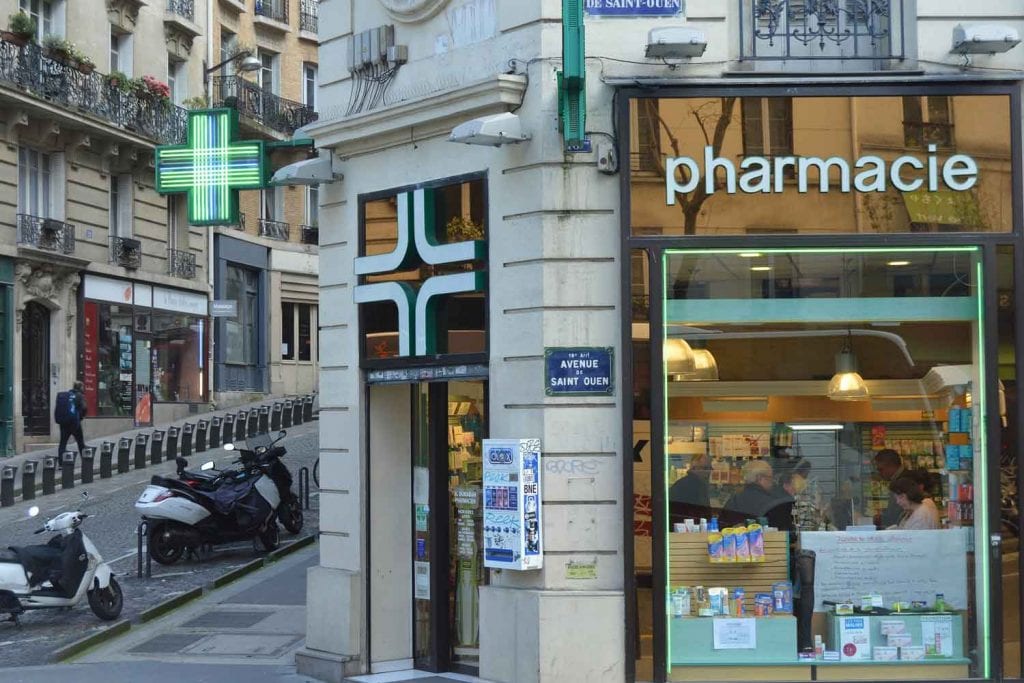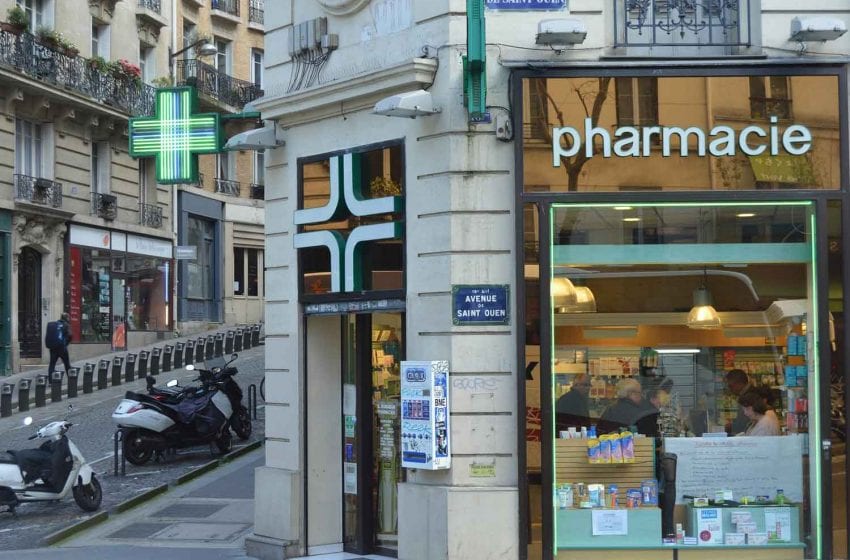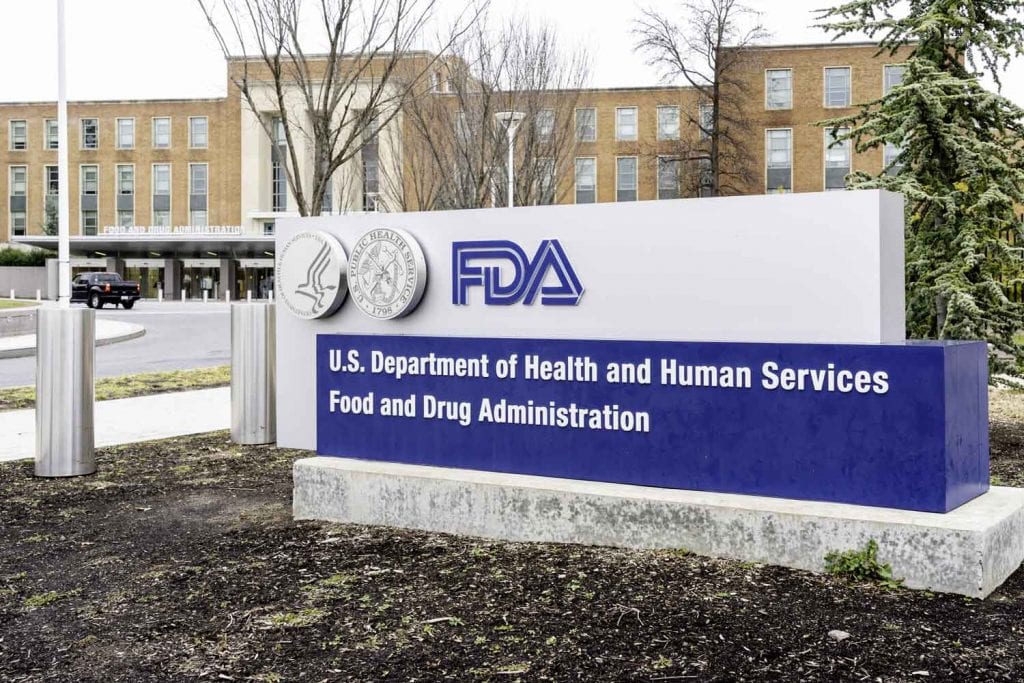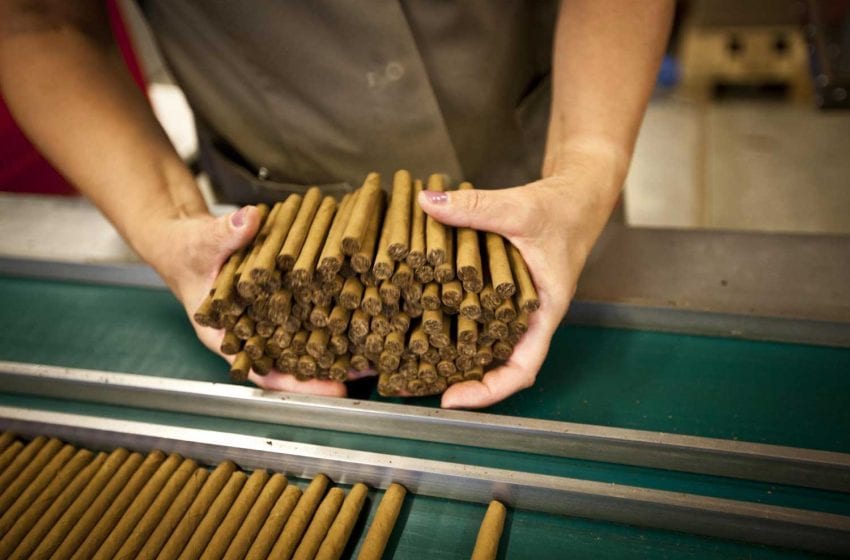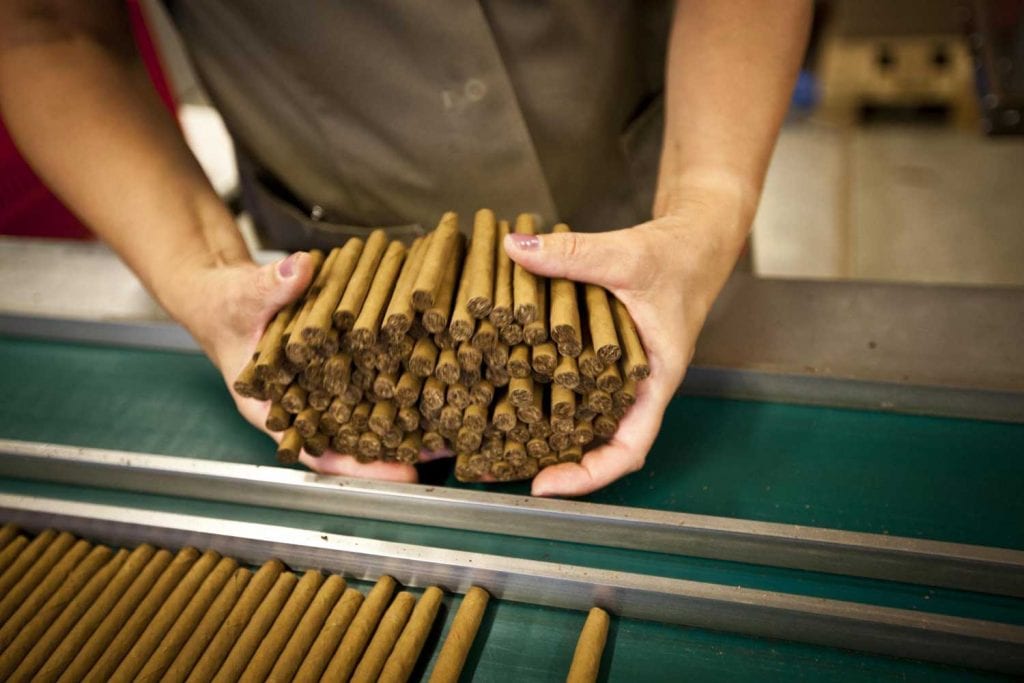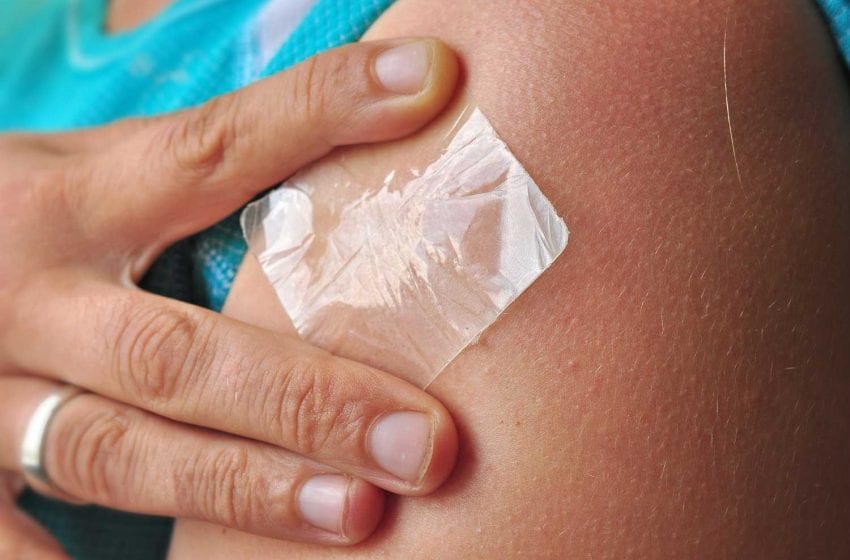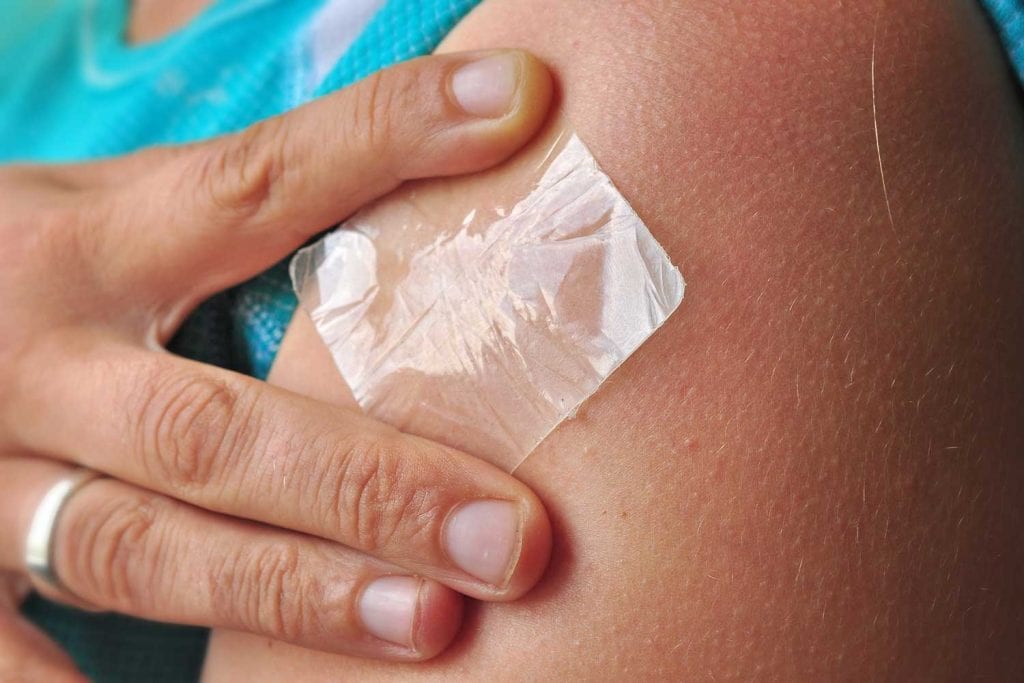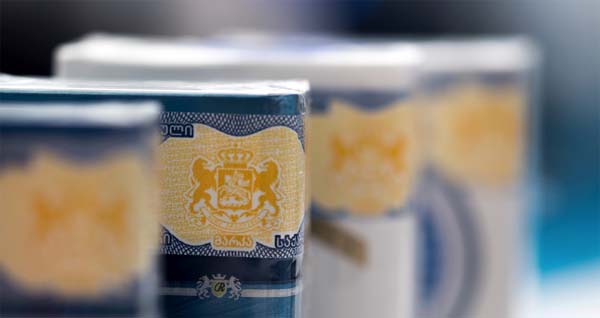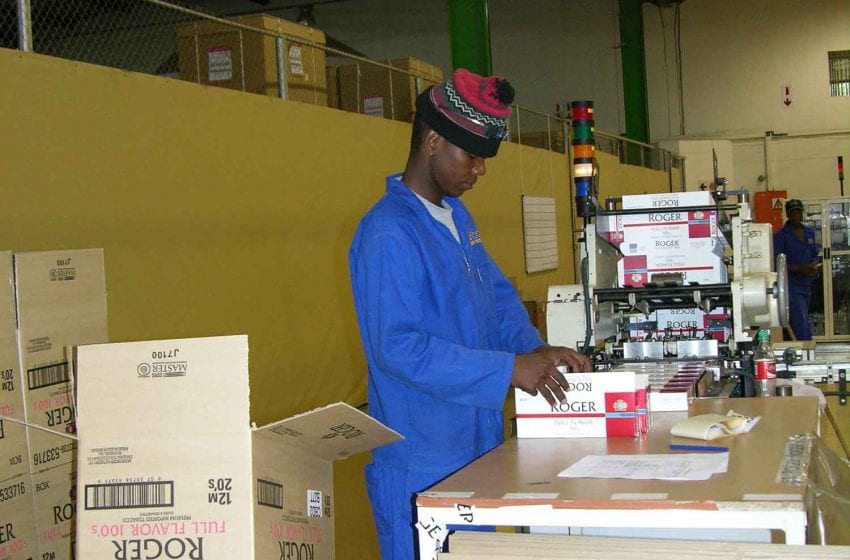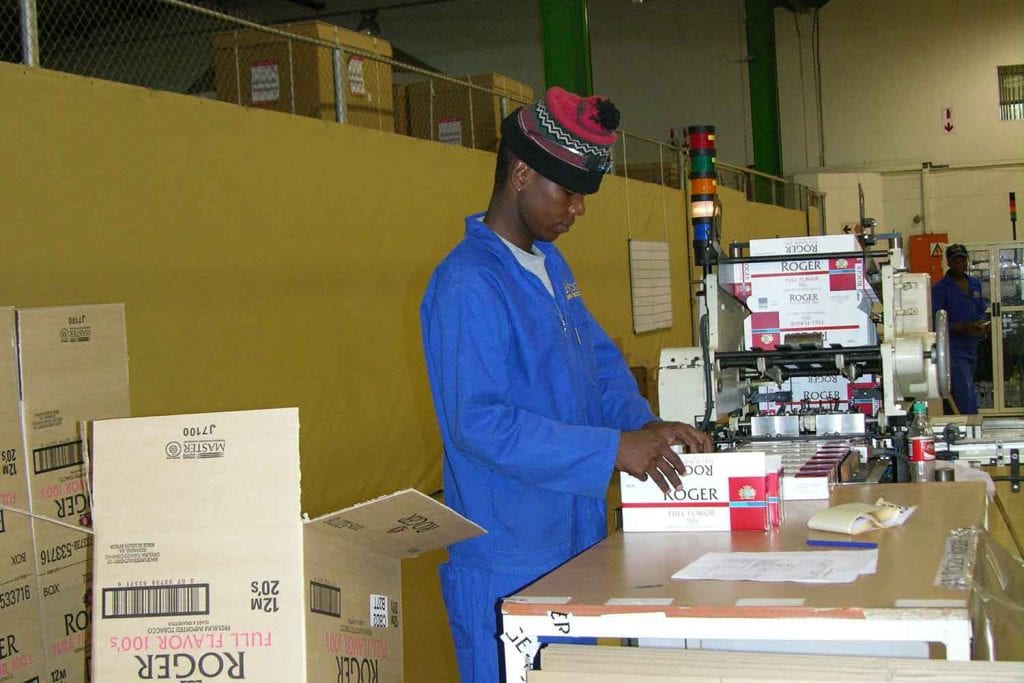Tobacco and vapor companies have an extra four months to file their premarket tobacco applications (PMTAs) for newly deemed tobacco products with the Food and Drug Administration (FDA) following a U.S. court ruling.
On July 12, 2019, the United States District Court for the District of Maryland ordered the FDA to require manufacturers of e-cigarettes, cigars and other deemed new tobacco products that were on the market as of Aug. 8, 2016 to submit applications for premarket review by May 12, 2020.
However, the coronavirus pandemic has drastically impaired the FDA’s ability to adhere to this timeline. As a result of the pandemic and these exceptional and unforeseen circumstances, the agency requested on March 30 a 120-day extension of the May 12 deadline. This request has now been granted.
The court order means applications for premarket review for many e-cigarettes, cigars and other new tobacco products are now required to be filed by Sept. 9, 2020. Consistent with the original court order, for companies that submit timely applications, the agency may continue to exercise enforcement discretion, meaning their products would generally continue to be marketed without being subject to FDA enforcement actions, for up to one year from the deadline (up to Sept. 9, 2021), unless a negative action is taken by the FDA on an application during that time.
Following the Covid-19 outbreak, the agency received numerous inquiries from the tobacco industry expressing concern they would be unable to complete premarket applications by the original May 12 deadline due to disruptions at all stages of preparation, including preventions or disruptions to in-person laboratory work and clinical studies or necessary foreign travel, or from the shuttering of manufacturing facilities abroad.
In a statement, the FDA said it believes the public health is better protected by not having these firms compromise their employees’ health or take actions that would risk spreading Covid-19 to others by trying to meet the previous May 12 deadline. In the more than a dozen requests for an extension that the FDA received, this public health concern was mentioned repeatedly.
Another consideration, according to the agency, was that a number of the FDA’s Center for Tobacco Products (CTP) personnel have been deployed to work on Covid-19 pandemic issues for the U.S. Public Health Service (PHS), leaving fewer staff to process applications. Many of those deployed are among the staff that had been playing a critical role as CTP prepared for this deadline.
“Ultimately, a Sept. 9 deadline will better serve the public health by allowing manufacturers to prepare for, and the agency to conduct, the thorough scientific review of these products that is required under law and vital to our mission of protecting Americans while reducing or eliminating physical contact during this critical period,” the FDA wrote in its statement.
“Importantly, this new deadline does not detract from our efforts to prioritize enforcement of certain e-cigarette products currently on the market. Although the FDA’s in-person compliance checks and vape shop inspections are currently on hold due to the pandemic, review of previous inspections continues, and we continue to monitor the online marketplace and will take action as appropriate.
“Accordingly, the January 2020 enforcement priorities guidance, which independently prioritizes earlier enforcement against certain e-cigarette products that are widely used by youth, remains in effect regardless of whether an application is submitted, although we intend to update it for products for which the Sept. 9 date now applies.”
